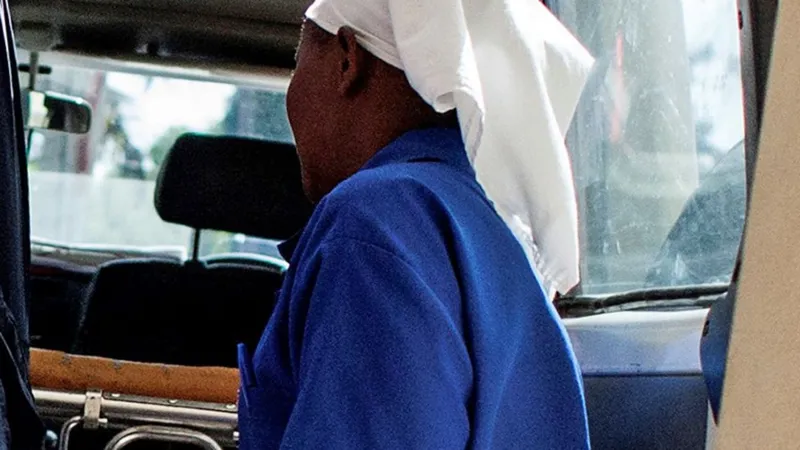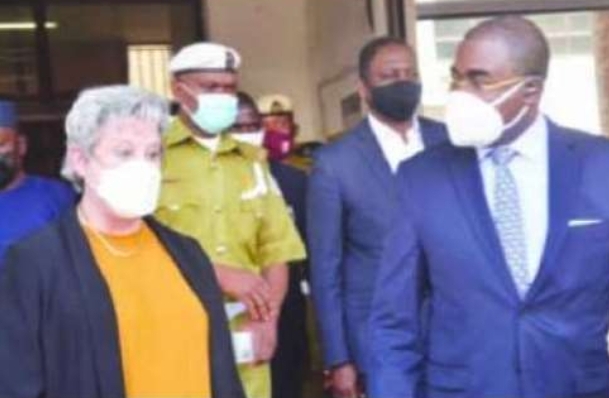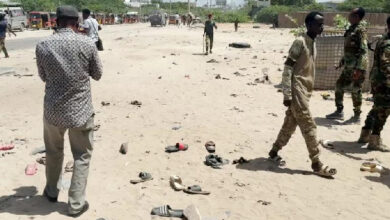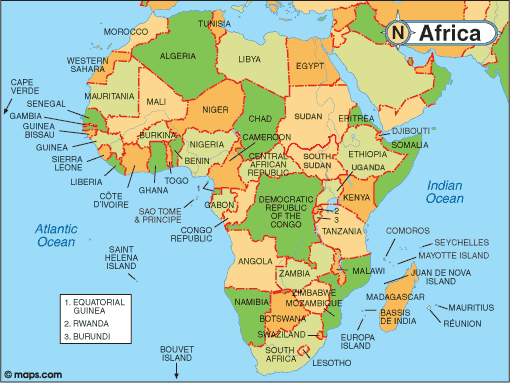Hundreds of Mozambique patients die amid strike – union

More than 1,000 people in Mozambique have died because of a lack of care amid a health workers’ strike, a union leader has told the BBC.
The strike by 50,000 union members began three weeks ago after negotiations over working conditions collapsed.
Doctors are not on strike, but union leader Anselmo Muchave said many health facilities did not employ them.
He said most of reported deaths were in the provinces of Inhambane and Sofala. The BBC has been unable to independently verify his figures.
The health ministry has in the past accused the Association of United Health Professionals of Mozambique (APSUSM) of exaggeration. The ministry has not responded to a BBC request for comment.
“We receive information every day about deaths,” said Mr Muchave, the chairperson of APSUSM.
“The worst-affected facilities are those staffed only by health workers and not doctors.”
Nurses, psychologists, drivers and cleaners are among those striking for overtime allowances and better medical equipment.
Mr Muchave said the workers were forced to strike because they faced such dire conditions, which the government was refusing to confront.
“There is little to no surgical material, food for patients [or] petrol for ambulances. Workers haven’t received uniforms for years. Something needs to change. Sometimes in the maternity [wards] you will find women sharing beds. It’s very dangerous,” he said.
One woman in the capital, Maputo, confirmed that patients were suffering because of the strike.
“My grandmother was sick and [when] I took her to the public hospital she was only attended to the following day. She was really sick. She said others were also really sick but were not being attended to,” the woman who gave her first name as Sheila told the BBC.
Health infrastructure is limited across Mozambique, with fewer than three doctors per 100,000 people – one of the lowest doctor-to-population ratios in the world.
According to the US Agency for International Development (USAid), more than half of Mozambicans walk an hour or more to their nearest health facility and it is common for medicine to be out of stock or in short supply.
Source: bbc.com





